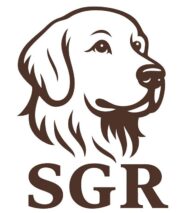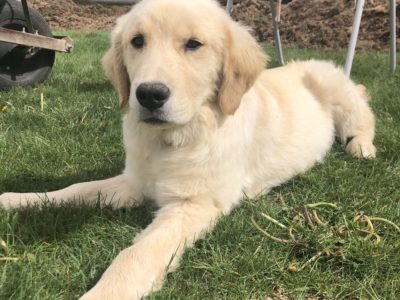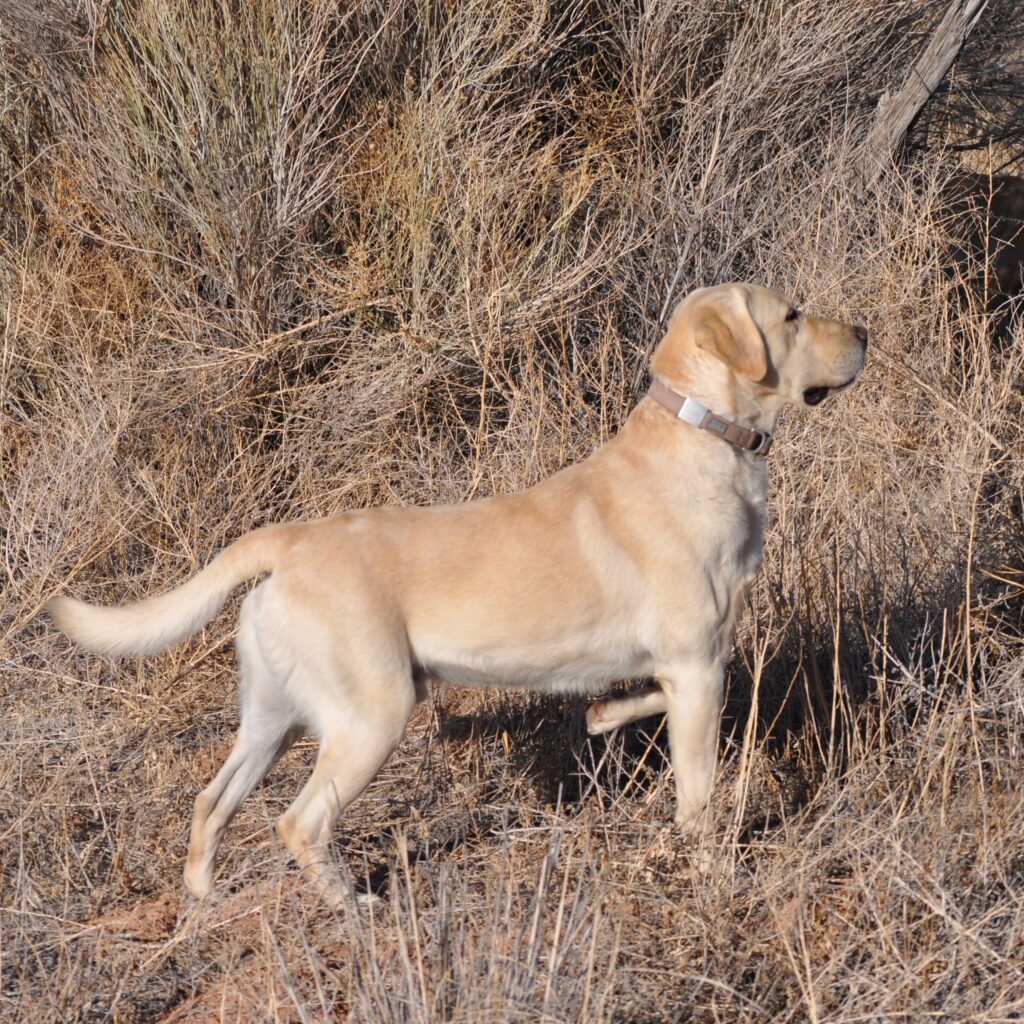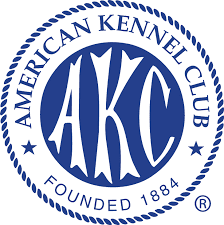It’s a question that pet owners dread asking themselves: why do dogs eat their own feces? Coprophagia, or the act of consuming feces, is a behavior that’s both repulsive and perplexing. While it may seem like a bizarre habit to us humans, there are actually a number of reasons why dogs engage in this behavior.
- Nutritional Deficiencies
One reason why dogs may eat their own feces is because they are lacking certain nutrients in their diet. This is particularly true for dogs who are fed a low-quality or incomplete diet. When a dog is not getting the nutrients they need from their food, their body may crave those missing nutrients and attempt to obtain them by eating feces.
- Instinctual Behavior
Dogs are descended from wolves, and wolves are known to consume feces as part of their natural behavior. This behavior helps keep their dens clean and free of parasites and disease. While domesticated dogs don’t typically have dens, they may still have a natural instinct to consume feces as a way to keep their living space clean.
- Anxiety or Boredom
Dogs who are anxious or bored may engage in a number of compulsive behaviors, including coprophagia. If a dog is left alone for long periods of time or is not given enough mental or physical stimulation, they may turn to eating feces as a way to alleviate their boredom or anxiety.
- Attention-Seeking Behavior
Dogs are social creatures who crave attention from their owners. If a dog is not getting enough attention or positive reinforcement from their owner, they may engage in negative behaviors, such as eating feces, as a way to get attention.
- Medical Conditions
In some cases, coprophagia may be a symptom of an underlying medical condition. Dogs who have pancreatic insufficiency or other digestive issues may be more likely to consume feces. Additionally, dogs who have parasites or other infections may be more prone to eating feces as a way to remove those parasites from their body.
What can be done about coprophagia?
If your dog is engaging in coprophagia, there are a few things you can do to address the behavior. First, make sure your dog is getting a high-quality, complete diet that provides them with all the nutrients they need. You may also want to consider adding a supplement to their diet to help deter the behavior.
Additionally, make sure your dog is getting enough mental and physical stimulation. Provide them with plenty of toys, playtime, and exercise to help alleviate boredom and anxiety. If your dog is still engaging in coprophagia despite these efforts, consult with your veterinarian to rule out any underlying medical conditions.
In conclusion, while coprophagia may be a disgusting habit, it’s important to remember that there are a number of reasons why dogs engage in this behavior. By understanding the underlying causes, pet owners can take steps to address the behavior and ensure their furry friends are happy and healthy.



